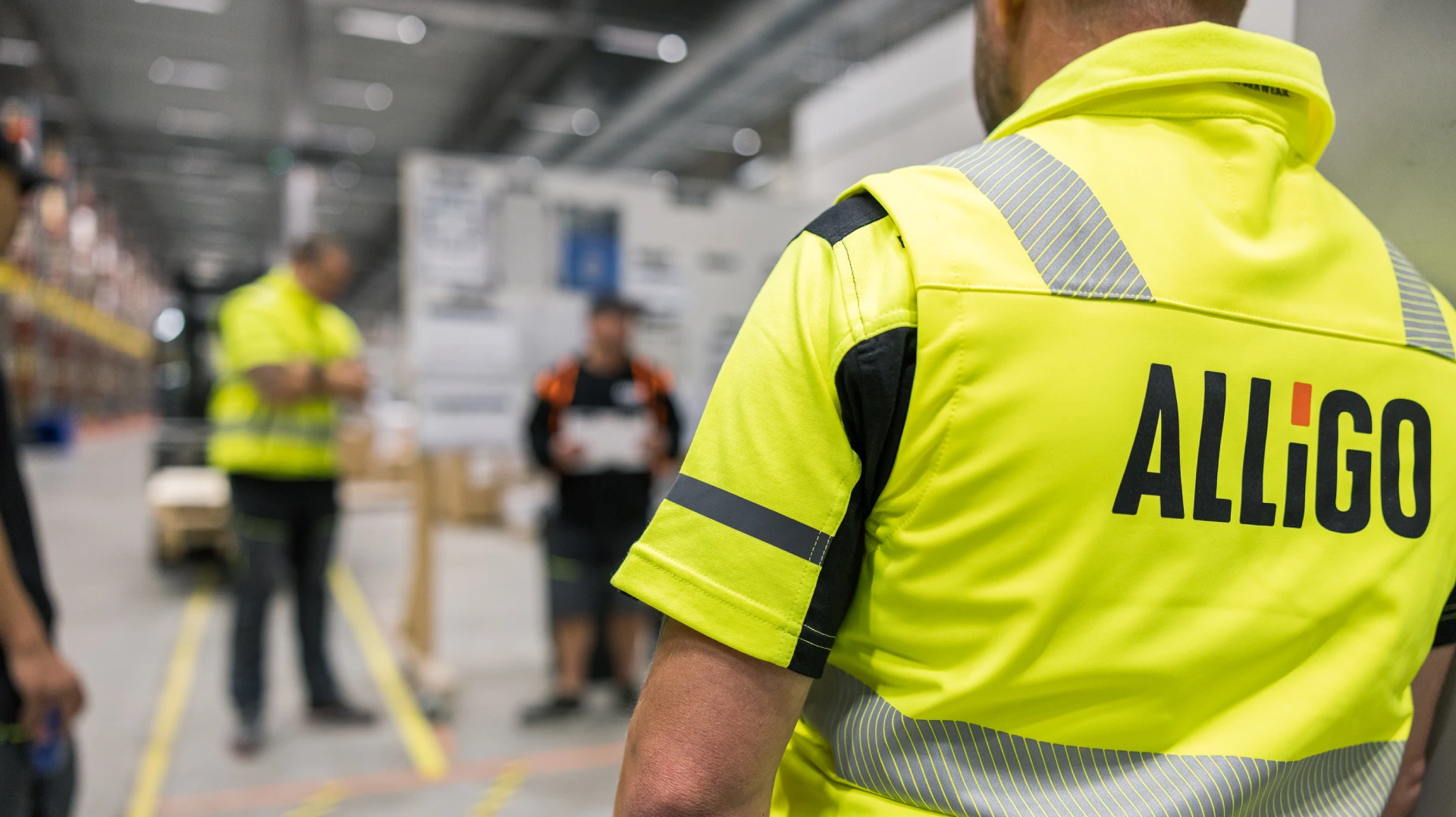
Supplier Code of Conduct
Our Supplier Code – the foundation for responsible partnerships
Alligo’s Supplier Code is a framework for how we collaborate with suppliers, agents and service providers. It is based on international principles on human rights, working conditions, environmental responsibility and business ethics. The purpose of the code is to identify, prevent, mitigate, and report negative impacts on the environment and human rights throughout our value chain.
All suppliers working with Alligo are expected to comply with these requirements, both within their own operations and in relation to their subcontractors.
International principles and standards
Alligo supports the UN Global Compact and the ten principles on human rights, labor conditions, environment, and anti-corruption. We expect our suppliers to commit to these principles and follow international standards such as the UN Universal Declaration of Human Rights, the ILO Declaration on Fundamental Principles and Rights at Work, the UN Convention on the Rights of the Child, the Rio Declaration on Environment and Development, and the UN Convention against Corruption.
Effective management systems in the value chain
Alligo’s suppliers must develop management systems, policies, and processes to prevent and manage negative impacts on human rights and the environment in the value chain. We encourage them to implement systems for continuous improvement and ensure compliance with laws and our supplier code of conduct.
Our Supplier Standard
Suppliers included in Alligo’s standard range must meet our Supplier Standard. This means they:
- Sign Alligo’s Supplier Code of Conduct
- Accept the chemical restrictions list
- Complete a digital self-assessment
Business ethics and anti-corruption
All forms of corruption, bribery and improper influence are strictly prohibited. Alligo applies zero tolerance towards corruption and expects high standards of business ethics throughout the supply chain.
Suppliers must avoid potential conflicts of interest and inform Alligo if such conflicts cannot be avoided. They must comply with all applicable laws and regulations in the countries where they operate.
Firm requirements for working conditions and ethics
The code covers key areas of responsible business conduct:
- Prohibition of child labour, forced labour and discrimination
- Requirements for safe working environments, fair wages and reasonable working hours
- Respect for freedom of association and the right to collective bargaining
- Procedures for handling complaints and addressing non-compliance
Environmental responsibility and follow-up
Suppliers are expected to actively work to reduce their environmental impact through measures such as
- Responsible chemical management
- Efficient use of resources
- Reduced emissions and waste
Compliance with the Supplier Code is monitored through self-assessments, factory visits and third-party audits. In cases of serious or repeated non-compliance, the collaboration may be terminated.

